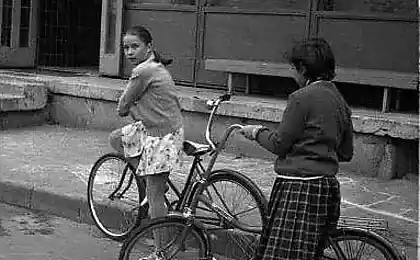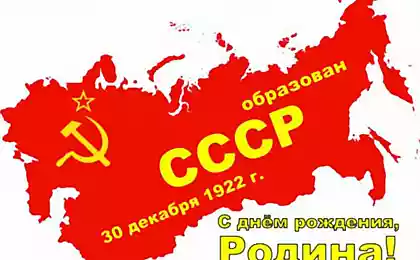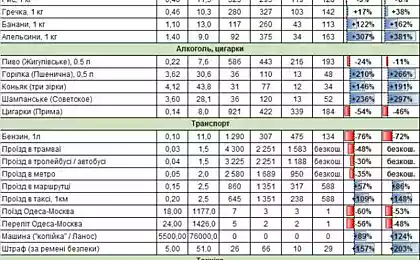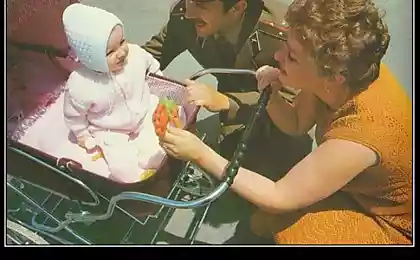192
Things our moms did but we don't do anymore
It has been decades since our parents were children. Since then, a lot has changed: lifestyle, upbringing, work, people’s thinking. It’s not that things were worse or better at the time, it’s just that things were different. There are at least 9 things that people of Soviet times considered normal. These curious things told Lyubov Vysotskaya on August 5, 2020. For modern society, some of the habits of Soviet people are puzzling.
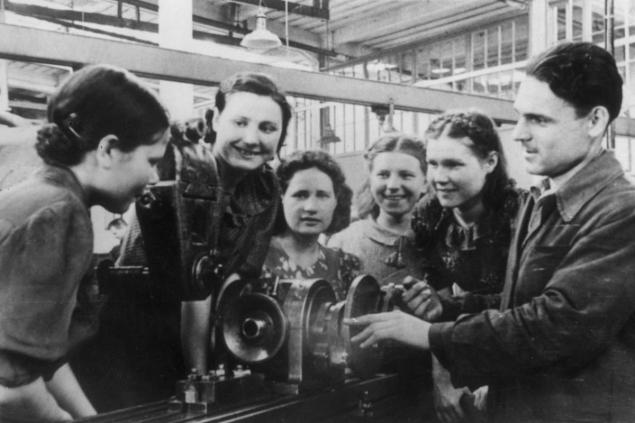
People of Soviet times went to work early There was a time when maternity leave did not exceed three months. Later, in the 70s, maternity leave was increased to a year, and then to a year and a half. In that period, young mothers were given paid sick leave for two months before and after childbirth. The woman, of course, had a choice: go to work or stay on maternity leave for a year, but without benefits. In this case, after a year I still had to work, because there was a risk of cancellation of the diploma.
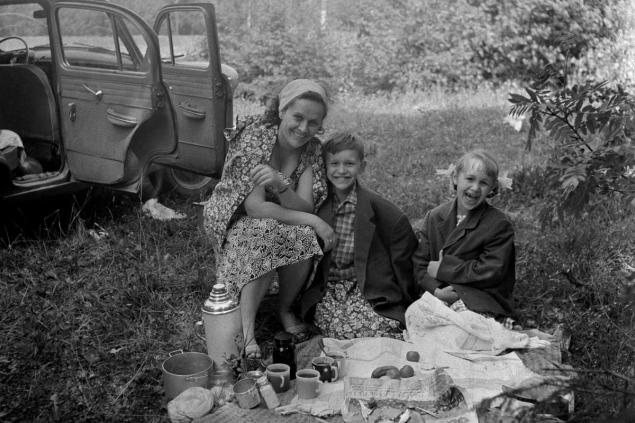
GettyImages Independence in the first place "With a key around the neck" - the so-called generation of Soviet children. No one sat at home with the children, it was not accepted. Children from the age of 6 came from school and warmed up food, then sat down for lessons. Moms didn’t follow their kids, they didn’t have time. It was impossible to control the child using a mobile phone, and the situation on the streets was different.
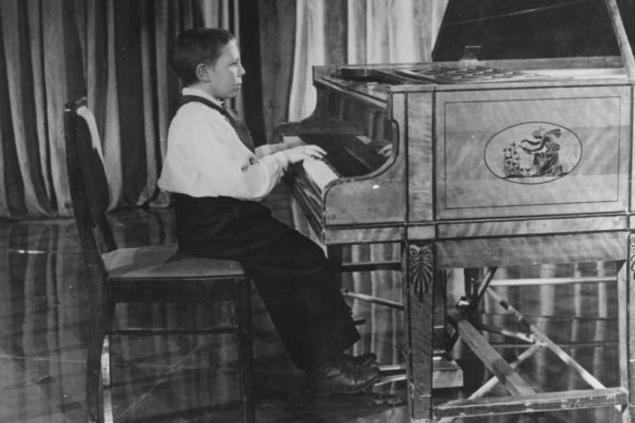
GettyImages You can't be left-handed In the Soviet Union, it was supposed to retrain left-handers. If the child held the pen in his left hand, it was moved to the right. And even fixed the left hand so that the child wrote the right. Teachers and parents strictly controlled the writing process until 1986, when left-handed people were allowed to write with their left hand.
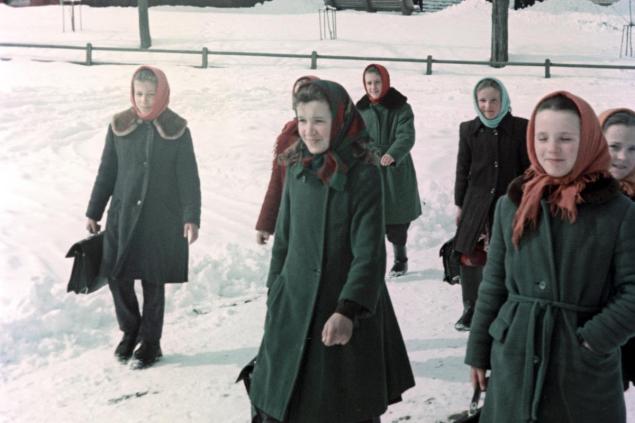
Short haircuts for boys and long braids for girls The haircuts of the guys of that time were not too diverse: boxing, hedgehog and “under Kotovsky”. The girls grew long braids. Some older guys didn't adjust to the standards anymore, they didn't cut their hair on purpose. Here is what they wrote about this in the magazine “Family and School”: “High school students who in pursuit of the imaginary “fashion” wear the so-called stylish hairstyle, cause an unpleasant impression.” They do not even consider whether it comes to them or not. Young people let go of excessively long hair, and even curl them, thinking that it is original. This hairstyle makes them ridiculous.

GettyImages Punishment with belts is not to say that corporal punishment was encouraged, but still it was used in school and at home. An angry teacher could throw chalk at the child or hit the hands with a pointer. Parents used the “belt method”, and sometimes enough and the back of the head to reason with their child. Now children can film the phone of an angry teacher, who, of course, will be fired. And if neighbors suspect mistreatment of a child, they will call the guardianship service.
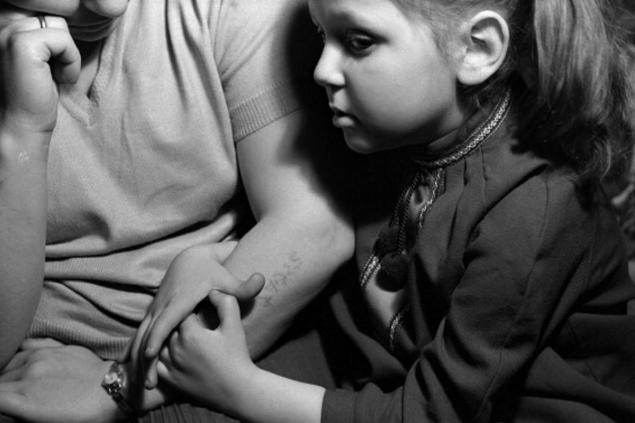
GettyImages Mode of the day Much attention was paid to the daily routine. Children went to nursery, garden or school. Mother neither light nor dawn cooked breakfast for her husband and children at 5 am and always ironed shirts and pants for her husband. Everything is strictly by standards. Most of the time, the children spent at home, and therefore parents were not allowed to “shatter” them and disrupt the routine.
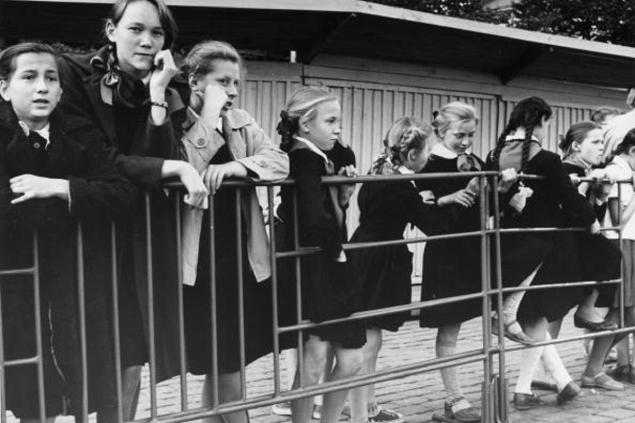
GettyImages Diapers, not disposable diapers, and even disposable, simply did not exist. There was a lack of diapers, which were, of course, reusable. Their mothers boiled, washed by hand, ironed and used again. Therefore, our mothers and grandmothers do not understand what the difficulties with children are, so many different adaptations have been invented to simplify life. And bottle heaters, and swinging cots, a lot of things.
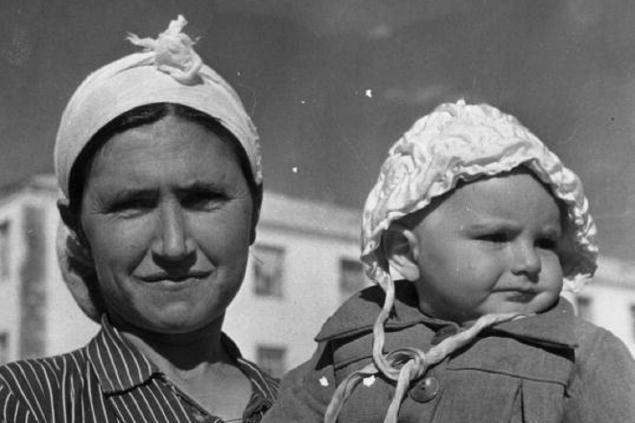
Modern parents pay a lot of attention to the psychological development of the child. And today, any psychologist will confirm that children should be allowed to make a mess on the table. Soviet mothers had neither time nor food for such stupidities. At the same time, the child went to kindergarten early, and there it was necessary to be careful and educated.
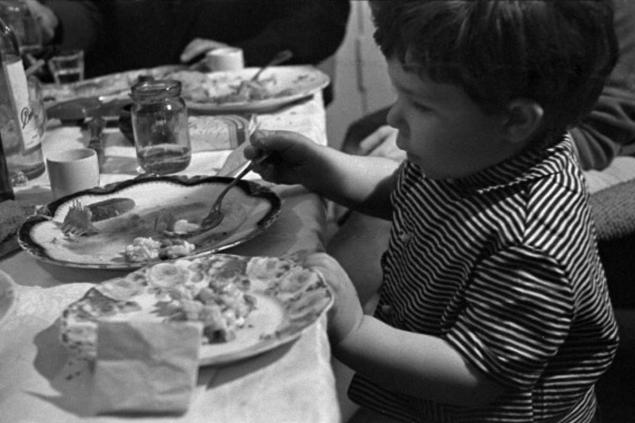
Is it worth saying that people of the Soviet era have not heard of the Internet? They were being treated by doctors at the time. Soviet medicine was in the first place. If the pediatrician told you to get vaccinated, everyone did and did not ask any questions. If you haven't had an additional exam, you're healthy. And today, we look for the answer first on the Internet, and we go to the doctor with a self-made diagnosis.
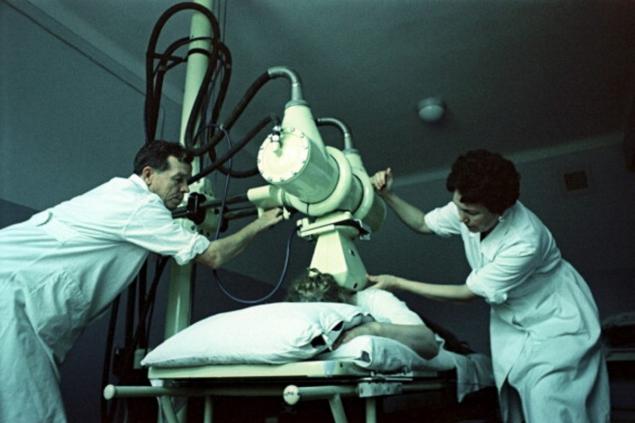
Perhaps this is not all the differences between Soviet people and modern society. You may remember something like that from your childhood. We would love to share your childhood memories in the comments.
Photo at preview and in article

People of Soviet times went to work early There was a time when maternity leave did not exceed three months. Later, in the 70s, maternity leave was increased to a year, and then to a year and a half. In that period, young mothers were given paid sick leave for two months before and after childbirth. The woman, of course, had a choice: go to work or stay on maternity leave for a year, but without benefits. In this case, after a year I still had to work, because there was a risk of cancellation of the diploma.

GettyImages Independence in the first place "With a key around the neck" - the so-called generation of Soviet children. No one sat at home with the children, it was not accepted. Children from the age of 6 came from school and warmed up food, then sat down for lessons. Moms didn’t follow their kids, they didn’t have time. It was impossible to control the child using a mobile phone, and the situation on the streets was different.

GettyImages You can't be left-handed In the Soviet Union, it was supposed to retrain left-handers. If the child held the pen in his left hand, it was moved to the right. And even fixed the left hand so that the child wrote the right. Teachers and parents strictly controlled the writing process until 1986, when left-handed people were allowed to write with their left hand.

Short haircuts for boys and long braids for girls The haircuts of the guys of that time were not too diverse: boxing, hedgehog and “under Kotovsky”. The girls grew long braids. Some older guys didn't adjust to the standards anymore, they didn't cut their hair on purpose. Here is what they wrote about this in the magazine “Family and School”: “High school students who in pursuit of the imaginary “fashion” wear the so-called stylish hairstyle, cause an unpleasant impression.” They do not even consider whether it comes to them or not. Young people let go of excessively long hair, and even curl them, thinking that it is original. This hairstyle makes them ridiculous.

GettyImages Punishment with belts is not to say that corporal punishment was encouraged, but still it was used in school and at home. An angry teacher could throw chalk at the child or hit the hands with a pointer. Parents used the “belt method”, and sometimes enough and the back of the head to reason with their child. Now children can film the phone of an angry teacher, who, of course, will be fired. And if neighbors suspect mistreatment of a child, they will call the guardianship service.

GettyImages Mode of the day Much attention was paid to the daily routine. Children went to nursery, garden or school. Mother neither light nor dawn cooked breakfast for her husband and children at 5 am and always ironed shirts and pants for her husband. Everything is strictly by standards. Most of the time, the children spent at home, and therefore parents were not allowed to “shatter” them and disrupt the routine.

GettyImages Diapers, not disposable diapers, and even disposable, simply did not exist. There was a lack of diapers, which were, of course, reusable. Their mothers boiled, washed by hand, ironed and used again. Therefore, our mothers and grandmothers do not understand what the difficulties with children are, so many different adaptations have been invented to simplify life. And bottle heaters, and swinging cots, a lot of things.

Modern parents pay a lot of attention to the psychological development of the child. And today, any psychologist will confirm that children should be allowed to make a mess on the table. Soviet mothers had neither time nor food for such stupidities. At the same time, the child went to kindergarten early, and there it was necessary to be careful and educated.

Is it worth saying that people of the Soviet era have not heard of the Internet? They were being treated by doctors at the time. Soviet medicine was in the first place. If the pediatrician told you to get vaccinated, everyone did and did not ask any questions. If you haven't had an additional exam, you're healthy. And today, we look for the answer first on the Internet, and we go to the doctor with a self-made diagnosis.

Perhaps this is not all the differences between Soviet people and modern society. You may remember something like that from your childhood. We would love to share your childhood memories in the comments.
Photo at preview and in article
Rules of Svyatoslav Fedorov, which he printed and hung in the office
Why Goulash in Soviet catering was amazingly tasty
